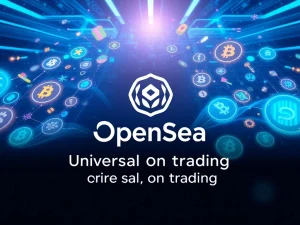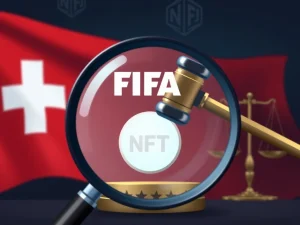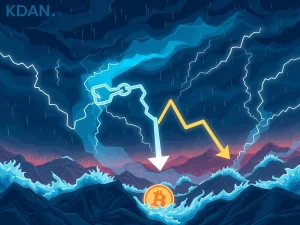Unstoppable Domains and Somnia Partner to Launch .dream TLD

Unstoppable Domains and Somnia have announced a partnership to introduce the .dream top-level domain (TLD), aiming to enhance digital identities within the metaverse.
The .dream domain will provide users with a unified identity that can be used across various decentralized applications, simplifying interactions with cryptocurrencies, NFTs, and other digital assets.
The partnership will be highlighted at the upcoming Token 2024 event, showcasing the potential of .dream to integrate digital experiences in the evolving virtual landscape.
 Source: Somnia
Source: SomniaWhat is the .dream TLD?
The .dream TLD is designed to give users a standardized digital identity for use across over 865 decentralized applications (dApps).
This domain will serve as a personalized address, making it easier for users to manage transactions and interactions within the metaverse.
By providing a consistent identity across different platforms, .dream aims to simplify the user experience and facilitate seamless navigation in digital environments.
Single Identity Across the Metaverse
Somnia is a high-performance Layer 1 blockchain platform capable of processing over 300,000 transactions per second. It integrates metaverses, gaming, NFTs, and social applications, allowing users to interact and transact within a unified virtual society.
The platform’s goal is to connect various digital environments, providing a seamless experience for users moving between different virtual spaces.
The collaboration between Unstoppable Domains and Somnia will enable users to register .dream domains, offering them a single digital identity that can be used across multiple platforms in the metaverse.
This development aims to make digital interactions more accessible and efficient. Additionally, the two companies plan to apply for an ICANN generic top-level domain (gTLD) for .dream, which could further extend its use within the broader internet infrastructure.










